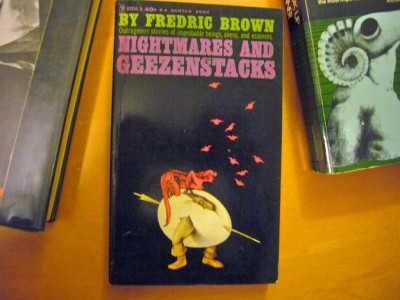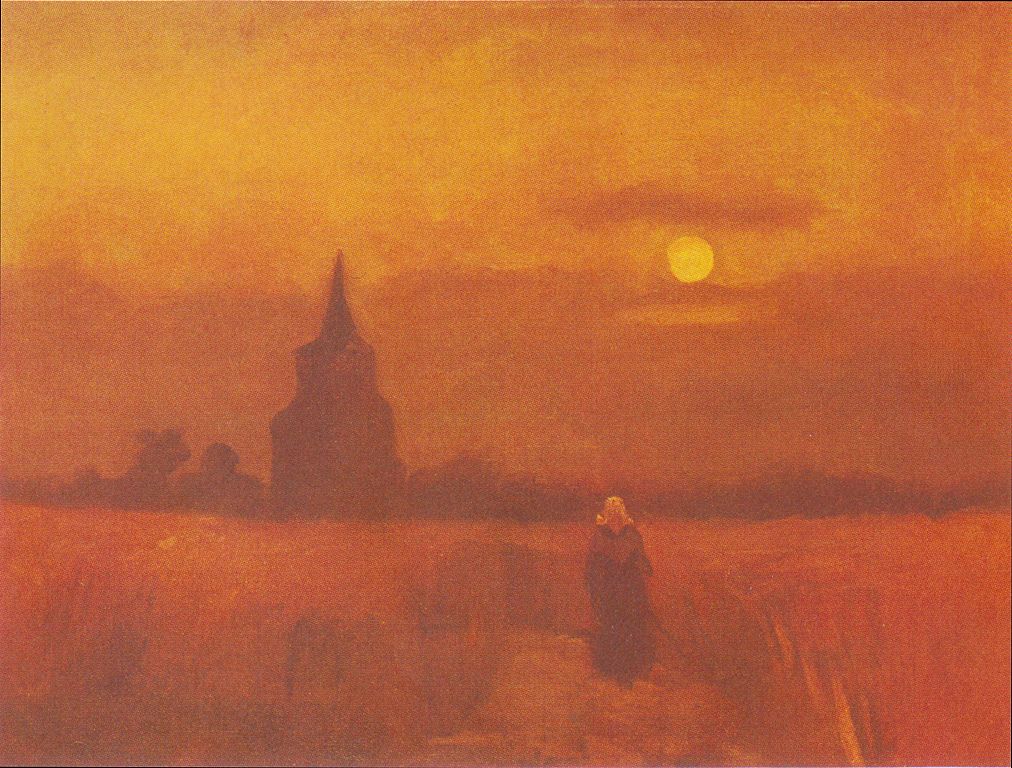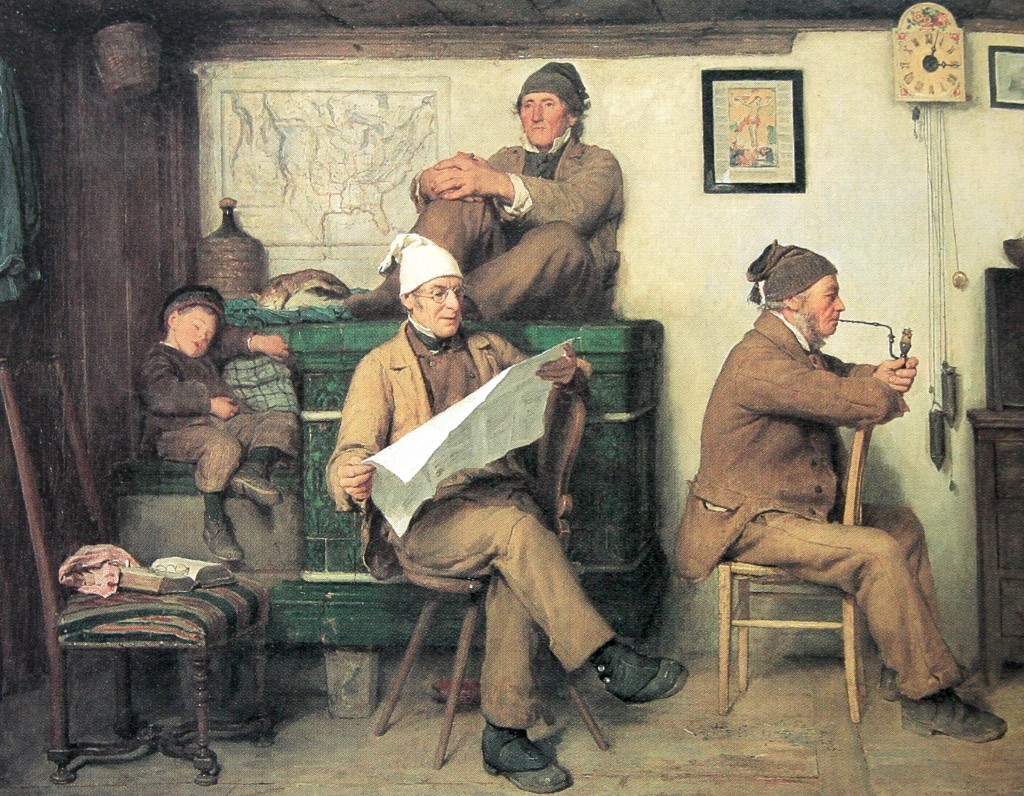As I have often said on this site, one of the major advantages of ebooks is the ease with which they can be produced and distributed. With printed books, you’re always facing the dilemma of initial cost. The price per copy drops substantially as you ramp up for a print run of 2- or 3- or 5-thousand books, but you never know if you’ll be able to sell that many. You (as publisher or self-published author) might have to sell 600 copies just to recover the expense of creating the plates and setting up the press for a run.
In comparison, it is significantly easier to release an ebook to the public. There is, of course, the challenge of producing an electronic version if the book dates back to the days prior to electronic publishing, but enhancements to optical character recognition (OCR) technology have minimized conversion difficulties. Once you’ve taken the costs of printing, shipping, returns, and other aspects of physical handling out of the equation, ebooks make it to market—with an international reach—far easier than their paper-based brethren.
As an experiment, I thought I’d see if some of my favorite books from years past have been re-released as ebooks. Think of it as a tour through a used bookstore without the mold, mildew, and suspicious bookseller glaring at you as you page through a 80-year old first edition . . .
We know that many publishers are successfully using the ebook renaissance to revitalize dormant backlists. Books that may have only sold a handful of copies in the course of a year or that have been out-of-print suddenly gain new life in ebook form. These books sometimes enjoy a surge in sales when discovered by a whole, new generation of readers. Publisher’s Weekly did a survey last year around this time, digging through their archives to see how many of the bestsellers from 1992 and 1982, both fiction and non-fiction, had been re-released as ebooks. Of the 100 total titles in their list, 56 of the books were currently available as Kindle ebooks.
My personal survey certainly isn’t comprehensive, but it satisfied my own curiosity. You may have favorites of your own from years ago that are available again as ebooks. Leave a comment if you make an interesting discovery of this sort.
Nightmares and Geezenstacks
My early reading habits favored science fiction, horror, and fantasy. Fredric Brown often managed to combine all three genres in a single story and also became a master of the “short short” story—1-to-3 page tales that frequently had a shocking or surprise ending (an ending that editors at Issac Asimov’s disdainfully called the “tomato surprise” and had printed rejection slips, illustrated with a red tomato splat, that said as much; I think I have a couple of these rejection slips in a suitcase somewhere). Nightsmares and Geezenstacks, a collection of short short stories, was one of those books I carried around and read over and over, convinced it was one of the most brilliant works ever conceived. It still holds up pretty well today. The writing is definitely imaginative and entertaining, as all Frederic Brown’s books tend to be, but Shakespeare it is not.
Although Brown never achieved the luminary status of other science fiction writers of the era, such as Arthur C. Clarke, Isaac Asimov, and Ray Bradbury, he greatly influenced many other writers, past and present, including Robert A. Heinlein, Micky Spillane, and Neil Gaiman. One short story, Arena, was adapted as a Star Trek episode.
My search for an ebook version of Nightmares and Geezenstacks, released as a Bantam Book in 1961 with a cover price of $.40, came up short, although many of Brown’s novel and short-story collections are available in Kindle form. A print copy of Nightmares and Geezenstacks sells for around $75 new and $18 used on Amazon.
Search result: No available ebook
Operators and Things
Put this one in the category of a book that is wickedly powerful and hauntingly persistent. In my impressionable teen years, it had me questioning my own sanity for a time. Operators and Things is a first-person account of the nature of schizophrenia, related by Barbara O’Brien, and chronicling her descent into a world where strange little beings gradually took control of her life, from chattering instructions at the foot of her bed to guiding her on a lengthy journey around the country by Greyhound bus. For months after reading this, I’d wake up in the night wondering if the creatures the author had described were clustering at the foot of my bed, getting ready to slip inside my brain and start controlling my actions.
I had made an earlier search for this book, first released in 1958, a few years back and noted that a reissue print version was being readied for release. Today I was pleased to see that there is now a Kindle version available on Amazon for $9.99. If you’re securely grounded in your own sanity and don’t have an aversion to exploring the quirky nature of the human mind, I highly recommend this title.
Search result: Available as an ebook.
The House on the Borderland
William Hope Hodgson is one of those authors, like Robert Aickman, who wrote sombre, nightmare-inducing tales that continue to be discovered by new readers. Born in Blackmore End, Essex, England, Hodgson had a prolific writing career that was cut short at the age of 40. He died in World War 1, killed by an artillery shell in Ypres, Belgium. His several novels largely disappeared from sight immediately after his death, but have been kept alive and gained renewed interest over decades through reissues. Hodgson’s work, despite a writing style that is sometimes stilted and archaic, provides imaginative forays into fantasy worlds that touch on the occult and are populated with characters painted with gruesome clarity. The swine things in The House on the Borderland horrified me when I first read the book back in grammar school and for months afterward had me peering out windows apprehensively expecting a swine thing to be watching malevolently.
The House on the Borderland is widely available as an ebook, as are most of Hodgson’s other novels, which are sometimes combined into collections. Project Gutenberg is one good source (I recommend supporting them financially with a small donation or volunteering to help convert public-domain titles to ebook form). You can also find this title for free on Amazon or Google Books.
Search result: Available as an ebook.
The Martian Chronicles
One of the most influential writers of all time in the genre sometimes called “speculative fiction,” Ray Bradbury’s imagination spanned generations, his novels and short stories explored the impact of technology on human existence, the foibles and strengths of the human character, and the mysteries of life and the universe. A number of his stories fueled television episodes, appearing on The Twilight Zone and Alfred Hitchcock Presents, and several film adaptations were created from his novels, including Fahrenheit 451, The Illustrated Man, and Something Wicked This Way Comes.
The Martian Chronicles was the first work by Bradbury to capture my interest. A short excerpt from Chapter One follows:
January 2030
Rocket Summer
One minute it was Ohio winter, with doors closed, windows locked, the panes blind with frost, icicles fringing every roof, children skiing on slopes, housewives lumbering like great black bears in their furs along the icy streets.
And then a long wave of warmth crossed the small town. A flooding sea of hot air; it seemed as if someone had left a bakery door open. The heat pulsed among the cottages and bushes and children. The icicles dropped, shattering, to melt. The doors flew open. The windows flew up. The children worked off their wool clothes. The housewives shed their bear disguises. The snow dissolved and showed last summer’s ancient green lawns.
Rocket summer. The words passed among the people in the open, airing houses. Rocket summer. The warm desert air changing the frost patterns on the windows, erasing the art work. The skis and sleds suddenly useless. The snow, falling from the cold sky upon the town, turned to a hot rain before it touched the ground.
Rocket summer. People leaned from their dripping porches and watched the reddening sky.
The rocket lay on the launching field, blowing out pink clouds of fire and oven heat. The rocket stood in the cold winter morning, making summer with every breath of its mighty exhausts. The rocket made climates, and summer lay for a brief moment upon the land….
Many of Bradbury’s works are available as Kindle versions, and I was pleased to discover that The Martian Chronicles is among them.
Search result: Available as an ebook.
The Sheep Look Up
John Brunner, coming off the considerable acclaim achieved with Stand on Zanzibar, wrote The Sheep Look Up, which uses many of the conventions introduced in the earlier work. I was so impressed with the work that I began corresponding with Brunner, trying to talk him into giving me rights to do audio adaption of the title. My cheeky powers of persuasion managed to win an invite to Brunner’s home in central England. Brunner, excited by the prospect of gaining the equivalent to the popular audio version of A Hitchhiker’s Guide to the Galaxy, hoped to break into the more profitable American market, where his work had never quite caught hold. Although he didn’t want to give up the adaptation rights to The Sheep Look Up, he offered instead (through his publisher) The Shockwave Rider. Negotiations went awry (another story for another time), but the audio never got produced. Those familiar with Brunner probably know about his prescience when it came to computers and technology advances. The concepts he foreshadowed in his stories include “the data worm” and bioengineering.
The Kindle edition of The Sheep Look Up is a bargain at $4.79 when compared to the print editions (which can run as high as $195). This is a great example of how ebooks can keep a worthwhile science-fiction novel alive for a whole new generation of readers.
Search result: Available as an ebook
Fate is the Hunter
Probably best known for the movie adaption of his novel, The High and the Mighty, in Fate is the Hunter Ernest K. Gann takes readers into the cockpit during the early days of commercial flying, where pilots contended with icing, thunderstorms, mechanical failures, human error, and the uncertainties of flight before modern technology made navigation and safety more predictable. As a memoir of aviation history and pilot skills, this book is as immediate and compelling as anything I’ve read about aviation. Based on experiences gained over 10,000 hours logged as a pilot, Ernest K. Gann portrays accurately the tenuous and fragile intrusion of human beings into the atmosphere in flying machines that were often not up to the task.
Although I’ve owned a print copy of this book for many years, I occasionally check to see if it has become available as an ebook. From what I can see, none of Gann’s novels or non-fiction works has made the transition to ebook, although Fate is the Hunter has been reissued in paperback form.
Search result: Not available as an ebook
Dark Carnival
I really didn’t expect this one to be available as an ebook. It was Ray Bradbury’s first published book, a collection of short stories, many of which re-emerged later in other collections. I have a hardbound copy, a prized possession, and I noticed on Amazon there was a very expensive reissue of the print version a few years back . As much as I love the ebook revolution, there is definitely a tangible link to the past having a physical object, weathered and worn as all physical objects become in our world. It may sound schizophrenic to embrace both ebook and physical books, but there is a place for both as long as there are readers.
Here’s an excerpt from the story, The Lake:
It was September. In the last days when things are getting sad for no reason. The beach was so long and lonely with only about six people on it. The kids quit bouncing the ball because somehow the wind made them sad, too, whistling the way it did, and the kids sat down and felt autumn come along the endless shore.
All of the hot dog stands were boarded up with strips of golden planking, sealing in all the mustard, onion, meat odors of the long joyful summer. It was like nailing summer into a series of coffins. One by one the places slammed their covers down, padlocked their doors, and the wind and touched the sand, blowing away all of the million footprints of July and August. It got so that now, in September, there was nothing but the mark of my rubber tennis shoes and Donald and Delaus Schabold’s feet, down by the water curve.
Sand blew up in curtains on the sidewalks, and the merry-go-round was hidden with canvas, all of the horses frozen in mid-air on their brass poles, showing teeth, galloping on. With only the wind for music, slipping through canvas.
Search Result: Not available as an ebook
Try some searches yourself and let us know if you discover any noteworthy releases of ebooks based on your favorite books from the past.








